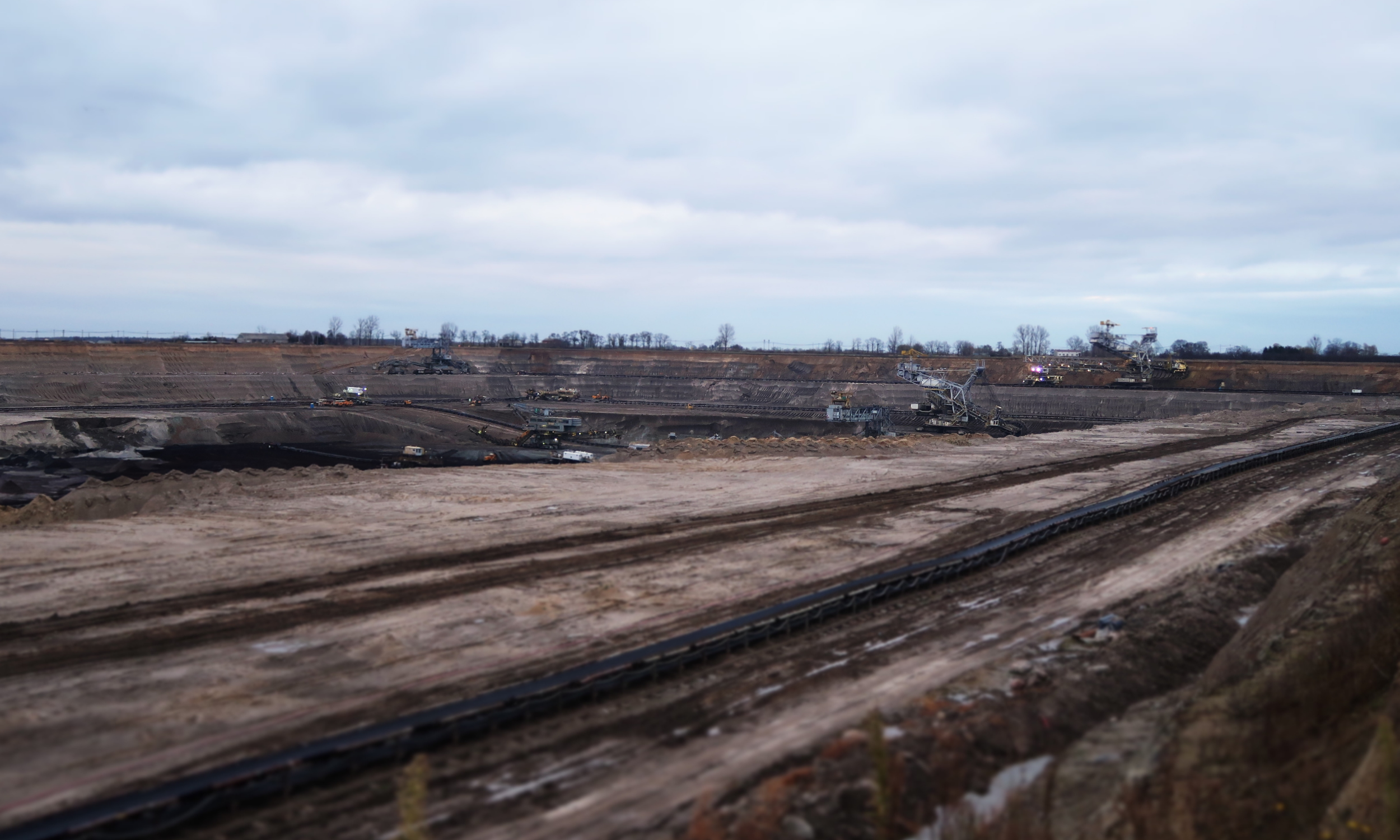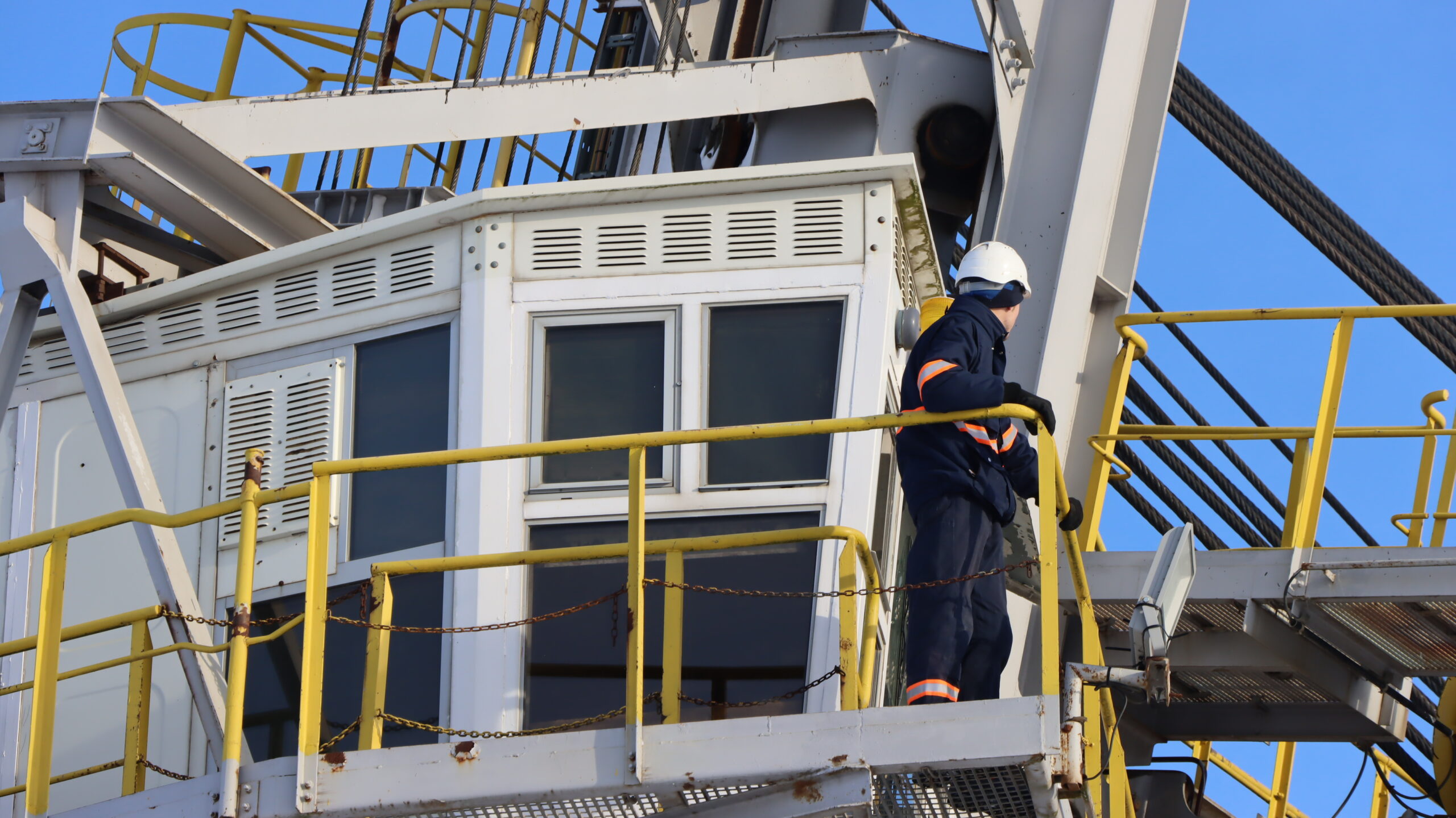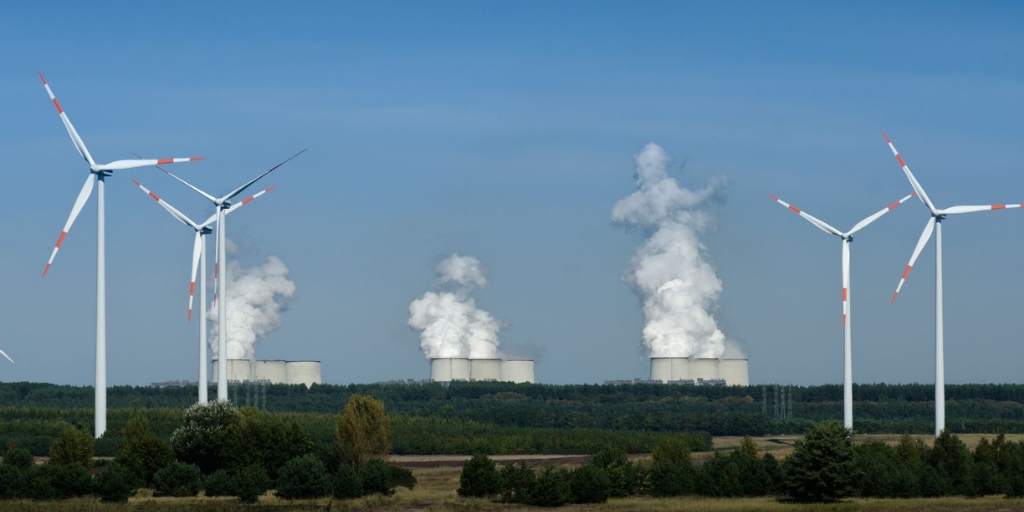Europe has ambitions to become the first climate–neutral continent. But transforming energy systems, especially in central and eastern Europe, requires substantial investment due to outdated infrastructure and reliance on fossil fuels.
While the EU budget currently funds this transition, the key challenge is to ensure impactful, high-quality investments that are both environmentally and socially just.
Involving citizens in investment decisions leads to better outcomes, including greater acceptance, a stronger sense of ownership, and fewer harmful projects.
Bankwatch works to align EU financial flows with the European Green Deal objectives, ensuring they meet the needs of people and the planet.
IN FOCUS
Just transition
Countries across central and eastern Europe are committing to quit coal and shale oil. Now the task is to ensure that the just transition is driven from the bottom up and leaves no one behind as we move towards a sustainable energy future.

Building back biodiversity
Threats facing biodiversity are increasing alongside the drivers of the climate crisis. But investments in climate protection should not come at the expense of those that can help biodiversity. The two crises of climate and biodiversity are interconnected and both must be tackled together, because only by investing in nature can we tackle climate change.

RegENERate: Mobilising Regions for Energetic Re-development and Transformative NECPs
The overall objective of the project is to support the CEE countries’ contribution to the EU efforts towards a net-zero emissions future. The project will contribute to more ambitious and effective climate and energy policies in CEE, backed by a long-term commitment to phase out fossil fuels, improve energy efficiency and promote renewable energy.

RePower the Regions: Ambitious and inclusive clean energy plans for repowering the just transition regions
The participation and leadership of carbon-intensive regions in transitioning to clean energy solutions are prerequisites for achieving EU climate neutrality by 2050. Building on this premise, RePower the Regions aims to ensure that the regions’ clean energy plans are aligned with EU 2030 climate goals and have strong support locally, and to provide practical guidelines and roadmaps on how to repower the regions.

Latest news
Moment of truth for EU as over one million people and 100 NGOs call for green, healthy and just recovery
Press release | 14 May, 2020Over one million people and 100 environmental NGOs across Europe are calling on the European Union to restart its economy by launching the biggest green investment plan the world has ever seen, financed by the bloc’s increased budget and recovery instrument. Tomorrow [Friday], MEPs will decide what they want in the EU’s Recovery Fund and seven-year budget ahead of the European Commission’s much awaited proposal next week.
Read moreLa “cortina di carbone” è la nuova cortina di ferro
Bankwatch in the media | 5 May, 2020Mentre i Paesi dell’Europa occidentale procedono verso la riduzione dell’uso del carbone, i paesi dell’ex Unione Sovietica si muovono nella direzione opposta. Source: La “cortina di carbone” è la nuova cortina di ferro
Read moreMoving beyond oil shale in Estonia
Blog entry | 15 April, 2020A new study commissioned by a coalition of NGOs including Bankwatch member Estonia Green Movement that analyzed the different European and Estonian funds in place or under development that could be useful for the transition, the existing plans Estonia has in place and policy recommendations from international best practises.
Read moreRelated publications
From just transition to competitive decarbonisation: What the EU’s new policy architecture means for regional cohesion
Report | 4 March, 2026 | Download PDFThis report investigates the main objectives and instruments of this new policy shift and how it affects the EU’s just transition regions.
Citizens’ forums driving decarbonisation in central and eastern Europe: Lessons in public participation
Briefing | 25 February, 2026 | Download PDFAcross nine countries in central and eastern Europe, citizens’ forums have been tested as practical tools for involving local voices in decisions regarding decarbonisation
Preserving water resilience, preventing the weakening of the Water Framework Directive
Joint letter | 19 February, 2026 | Download PDFIn this letter environmental NGOs are urging the Commission to refrain from reopening or amending the Water Framework Directive.

